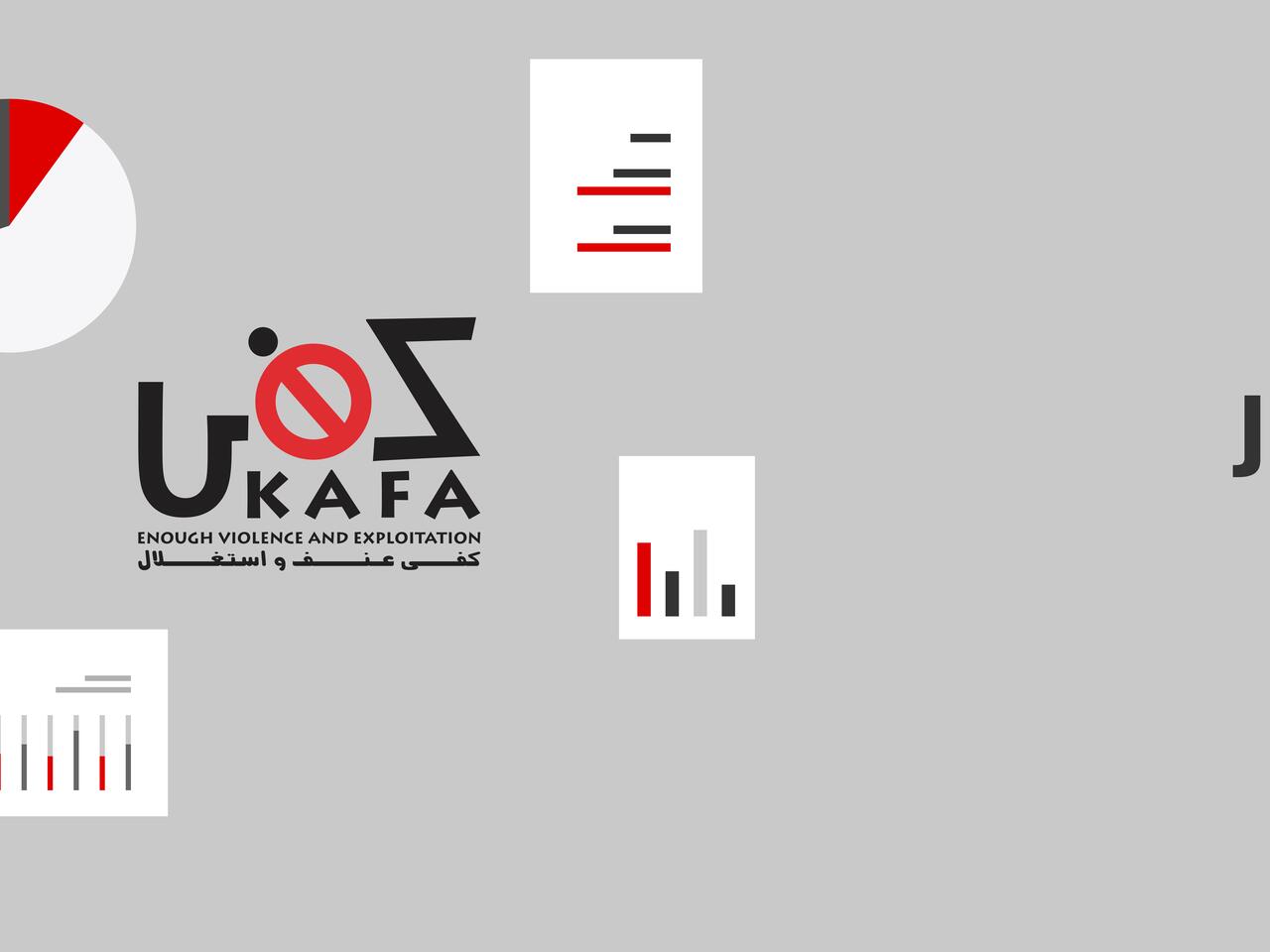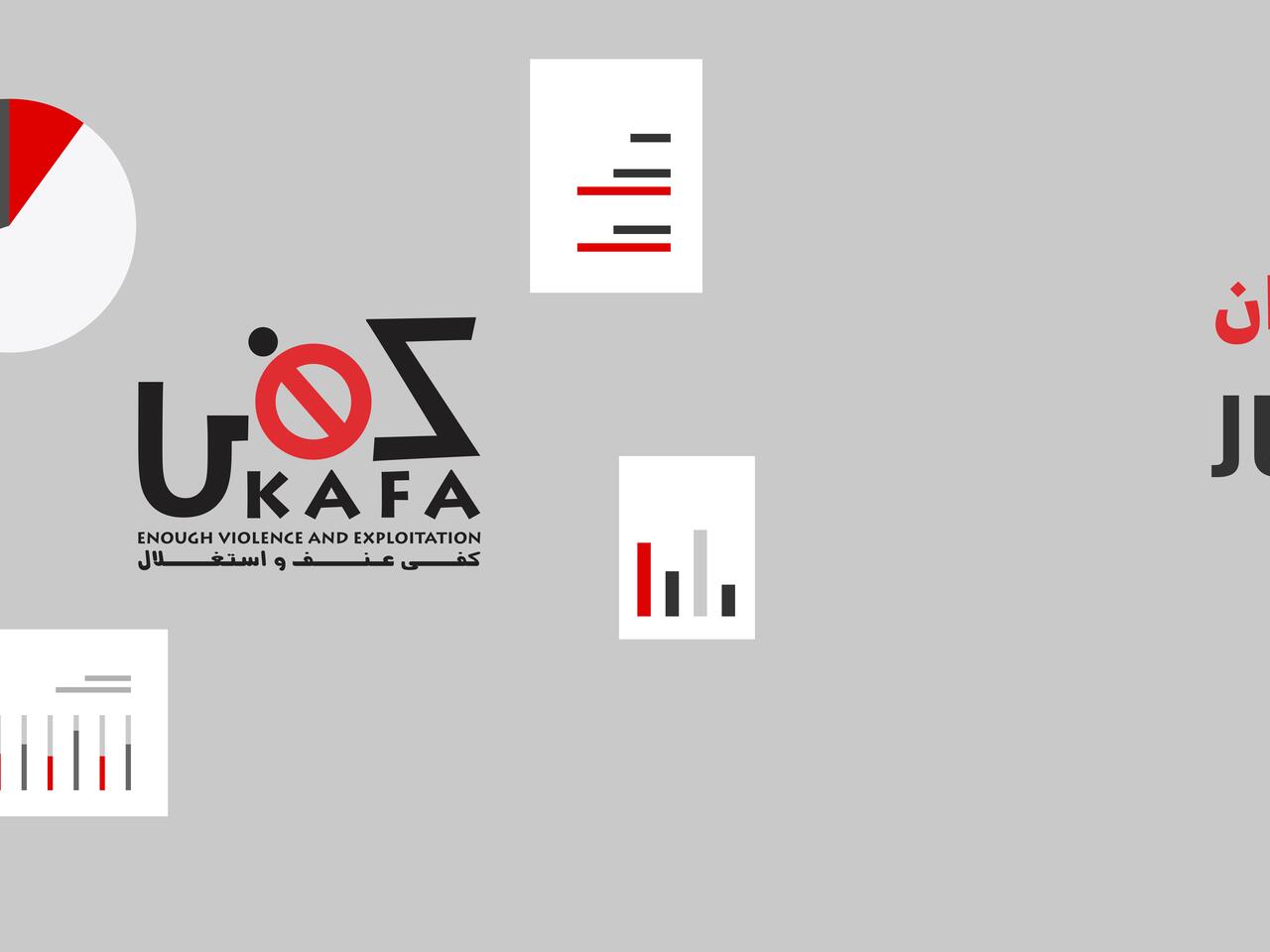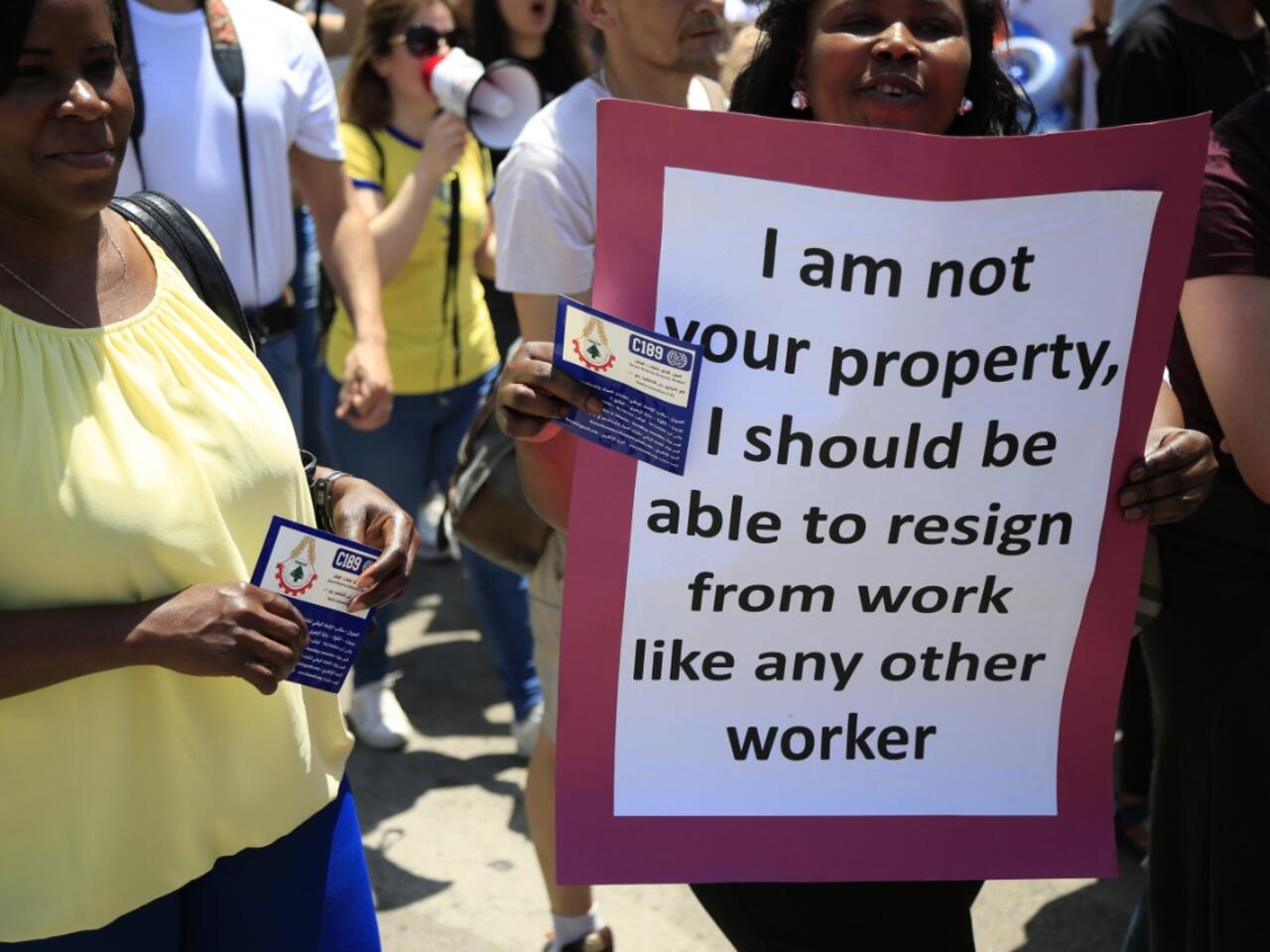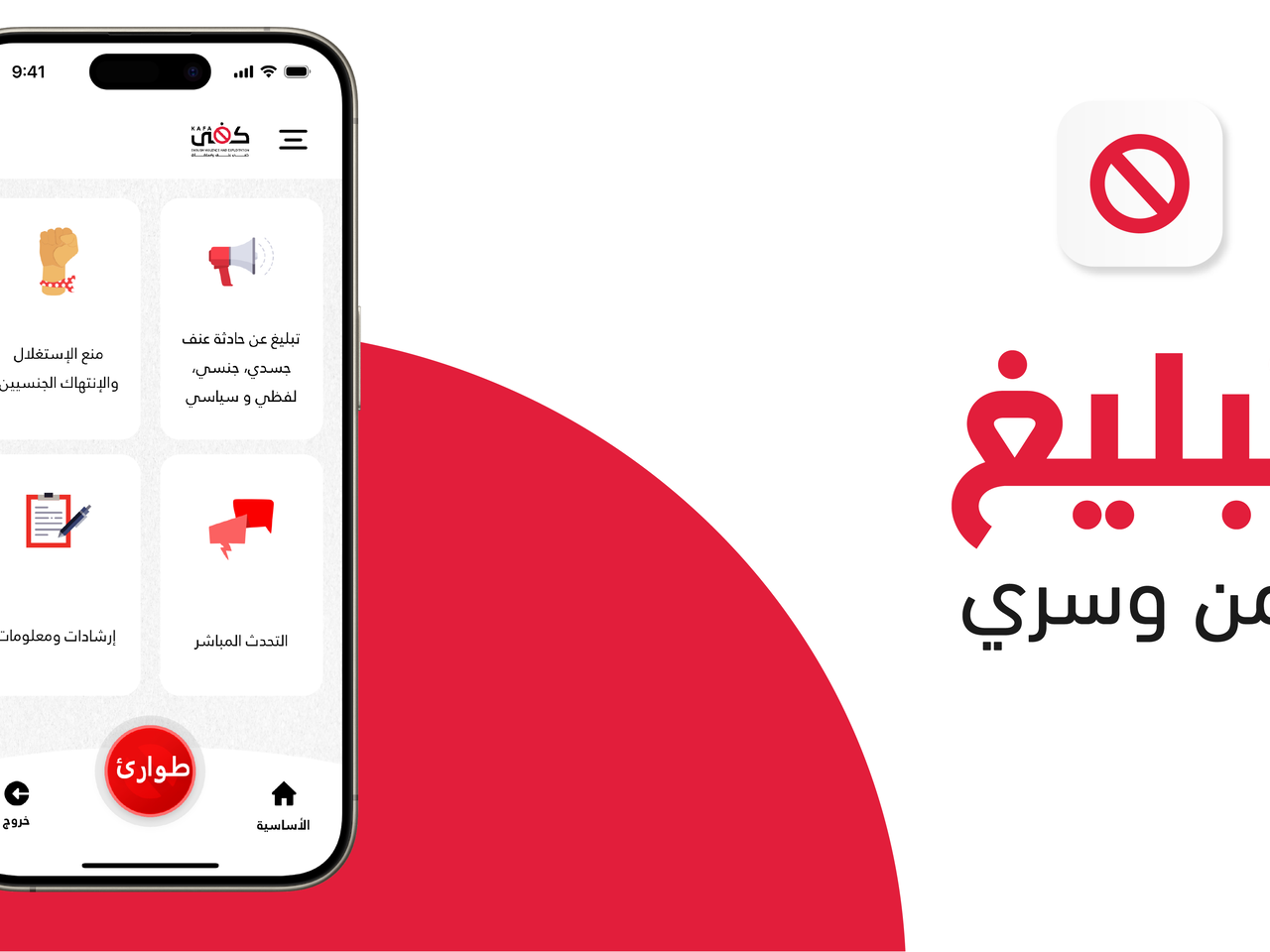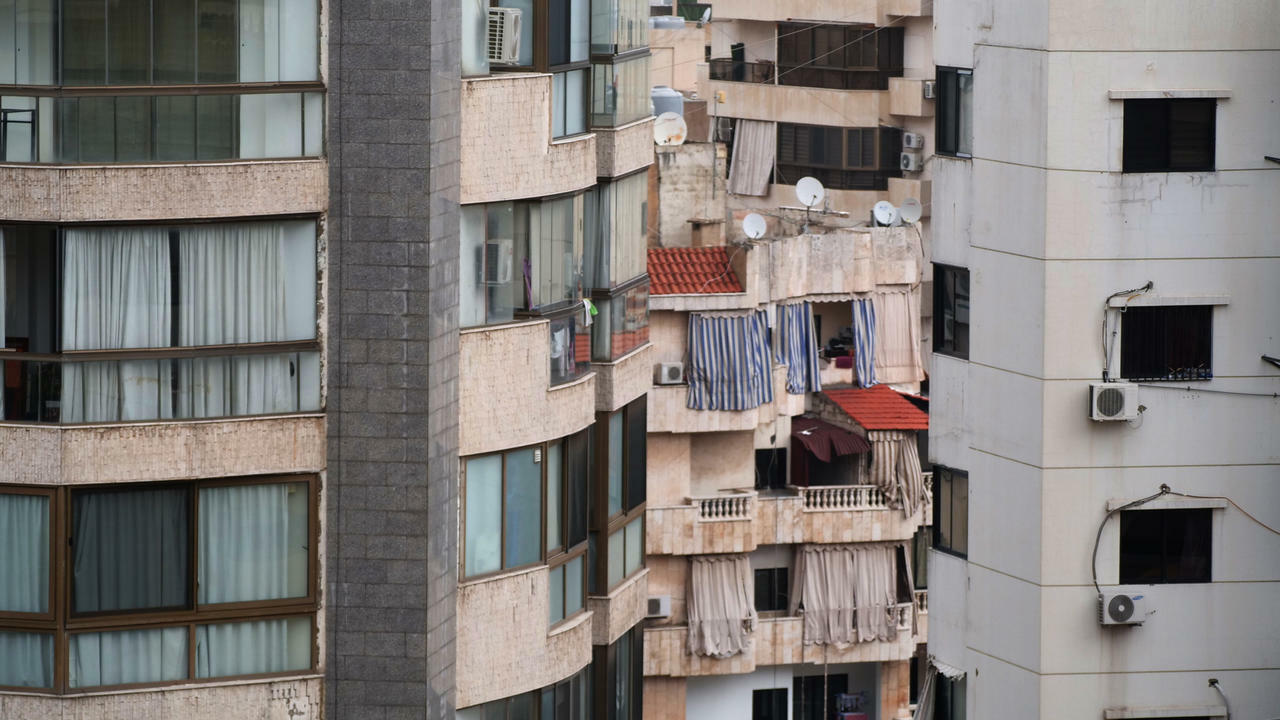
Talal Khoury
Calls Have Doubled Due to Lengthy Confinement and Crimes against Women: Kafa’s April Report
« A woman was beaten up by her brother and kicked out of the house. She is now on the street. » « A woman is now being physically assaulted in her own house. »
« He took away my one-week-old son. » « A man beat up his wife with a rolling pin and broke her arm. He left the house where she stayed with her children. »
« My sister’s despair is eating her alive. Her husband locked her up with her children at home. They can’t go anywhere, they can’t see or talk to anyone. He constantly yells and threatens her, he outdoes himself in finding ways to humiliate her. It is like the Coronavirus came as a gift for this kind of deranged men. »
Here is a small sample of the reports, texts and phone calls we receive daily on the Kafa hotline.
During the month of April, the number of such calls has significantly risen. Indeed, we have received 562 calls. It is twice the number of calls we received in March, with the beginning of confinement.
Number of calls
The reasons behind this increase in calls is the lengthy confinement period and crimes committed against women.
During the month of April, Kafa’s hotline received 105 new cases, versus 75 during March. Women calling for the first time reported acts of violence that had been taking place for a while but became more intense or more frequent due to the aggressor’s presence at home 24/7.
This increase in numbers is also linked to the 6 cases of women assassination that took place in April. Indeed, as it has been the case for years now, with every crime committed against women, the number of calls increases. Women who are victims of violence and had kept silent about it tend to seek help for fear of having the same fate as the murdered woman.
The month stared with two girls throwing themselves from the balcony as they tried to escape their father’s beating. The first was left with several bone fractures and had to be taken to the hospital and the other one managed to escape. After a few days, they both came back home and are now supported by Kafa.
A few days after that, Maha passed away. She was a five-year-old girl who succumbed to the beating of her father and his wife.
A while later, a women was found dead. She had been knocked out with a heavy item and had thee fractures in her back.
Another women was found dead. She had been shot by two bullets, one in the shoulder and one in the forehead.
A young man killed his mother and his sister. His other sister had to be taken to the hospital in an extremely critical condition.
The month ended with the Baaqline massacre that killed 10 people, among them Manal Al-Timani.
In addition to that, an attempted murder took place but the woman survived. She had left the house two months ago with her four kids. Her daughter, the eldest, is 10 years old. Her husband came to the house, beat her up, attacked her with a knife and stabbed her lungs. Her eldest daughter was near her when the stabbing occurred. She tried to push him away. The mother came back home after undergoing surgery. Her children are in severe psychological distress. Kafa is currently providing them with follow-up and psychological support.
These crimes, particularly the Baaqline massacre, shook society and were largely covered by media. They have also incited women to call more often and seek help. Indeed, since the details of these crimes were published in the media, women who are victim of violence feared they would have the same fate if they didn't take preventive actions.
Identity of the abuser and forms of violence
We received calls from all areas in Lebanon, most of the callers are adult, married Lebanese women.
We mentioned in a previous report on Syrian refugee women in the Bekaa that the percentage of Syrian women who have contacted Kafa has decreased since the beginning of confinement. However, this does not mean that the violence has eased but rather indicates the level of fear, loneliness and isolation that women feel in camps, as they are unable to go out to withdraw money, buy food or go to the pharmacy, let alone to report violence.
In most cases, the husband is the abuser, and the main forms of violence he uses are psychological and verbal violence, usually followed by physical violence.
Other than direct beating and bodily harm, callers report exposure to screaming, disdain, humiliation, instillation of a feeling of guilt and inferiority, threats of physical and financial abuse, constant surveillance, isolation, numerous emotional blackmail methods, and a threat of taking away their children.
Services
This month, Kafa mainly provided women with social and legal services such as legal advice, following up on criminal complaints and filing protection requests.
Not one single case was submitted to the Personal Status Courts.
While domestic violence is increasing, and the suffering of women as well, and while there are many mothers and children deprived from the mere right of seeing each other in such stressful circumstances, the Personal Status Courts closed their doors in the face of so many tragedies. These courts are ignoring mothers who want to see their children, women who desperately need alimony to get by in these times of sanitary and economic hardship, and wives who endure multiple forms of violence, but are unable to ask for a divorce.
Not one single request or complaint was filed by Personal Status Courts since the beginning of confinement, and this brings us back to questioning the reason of their very existence. What could it be except for the material and moral advantages enjoyed by those in charge of these courts at the expense women and children.
On the other hand, civilian judges, the Urgent Matters judges, have been mobilized for the protection of women namely by responding to their requests regarding an advance on alimony or custody, according to the prerogatives granted to them by Law 293 on Domestic Violence.
On April 21, the Supreme Judicial Council issued a statement calling for facilitating the filing of protection requests before the Urgent Matters judges via an email address assigned to each court.
Two days after this statement, the judge of Urgent Matters in Tyre, Muhammad Mazeh, issued the first protection decision via e-mail after having received the request submitted by Kafa, also via e-mail. The judge forced the husband to refrain from aggressing his wife, to give her custody of her new-born baby and to pay an advance on the alimony with a penalty fine for each day of delay.
The judge of Urgent Matters in Beirut, Hala Naja, had taken an individual initiative on the 7th of April to protect two women victim of domestic violence, through the use of a remote listening technology (video call) before issuing the protection decisions. In doing so, she has adapted the means of proof and has used a new technology adapted to the current circumstances, in order to ensure protection for women.
It should be noted that in March, in the early days of confinement, the first protection decision was issued by Urgent Matters judge in Amioun, Emile Azar, without listening to the woman’s testimony, as he was convinced by the facts stated in the request he received.
The priority is to protect women, especially in circumstances that increase their vulnerability, as long as the aggressor’s right to object is always preserved.
It should also be noted that, with the increase in the number of murders against women in April, the Attorney General of the Court of Cassation, Judge Aweidat, issued a special decree to address crimes of domestic violence, requesting that the judicial police be instructed to open immediate records in all cases of domestic violence, even in cases of crimes without witnesses. He also demanded that the victim should not be required to attend the Center of the Judicial Police to give her testimony if she had previously stated an impossibility to move, and that the competent attorney before the Court of Appeal would listen to it or request the Judicial Police to do so via video call or any other means they deem appropriate.
What is needed to ensure effective protection for women
Kafa fears that the rate of domestic violence crimes will rise if confinement lasts longer and if it is not dealt with in a decisive manner. Here, it stresses the necessity for Parliament to approve the amendments it made in cooperation with the Ministry of Justice and the National Commission for Lebanese Women on Law 293 because of its importance in providing effective protection for women, particularly the amendment of Article 12, which does not include the protection of child-victims if they are of preschool age. Furthermore, Article 14 must be amended since it currently does not compel the aggressor to undergo rehabilitation sessions within the protection decision.
What is required is to protect the victim's minor children regardless of the age of custody, and to compel the abuser to attend rehabilitation sessions against violence within the protection decision. Indeed such sessions are highly important for him to modify his behavior.
Kafa will continue to provide social and legal support to women and their children during this period via the same channels adopted since the beginning of confinement, and will continue to follow the investigations of the murders committed until Justice is served.
It has also allocated a temporary space to receive a limited number of women who have no place to turn to, until the mandatory confinement imposed due to the coronavirus is lifted. It will then be possible to transfer them to the shelters with which we cooperate.
Realizing that it is difficult to put an end to violent relations in a marriage and in a family, and taking into consideration the difficulty of communicating or reporting violence in the presence of the abuser at home, we encourage women victims of domestic violence to contact us on the support line (03018019) or through social media, and to contact the Internal Security Forces hotline 1745.
Translated from Arabic by Work with words

